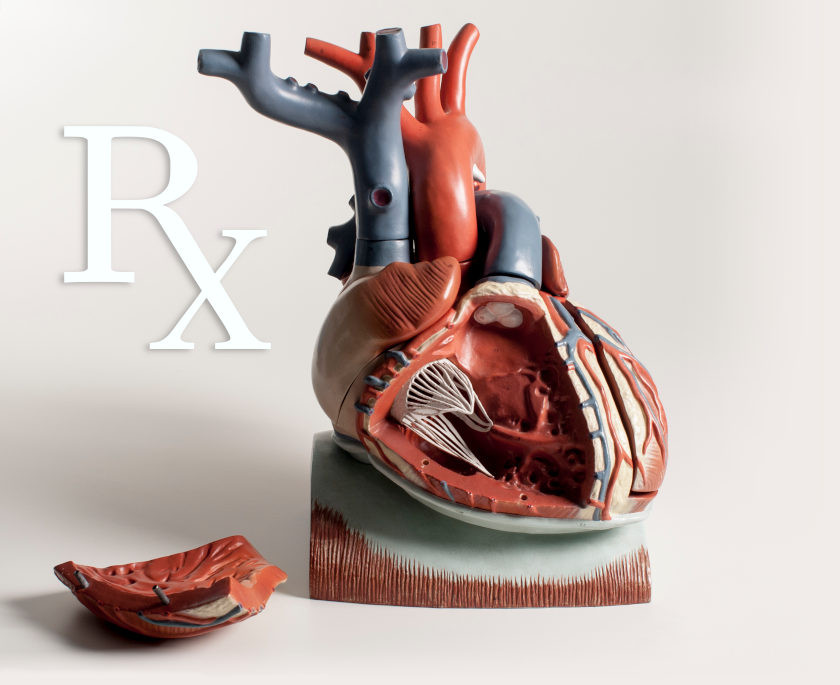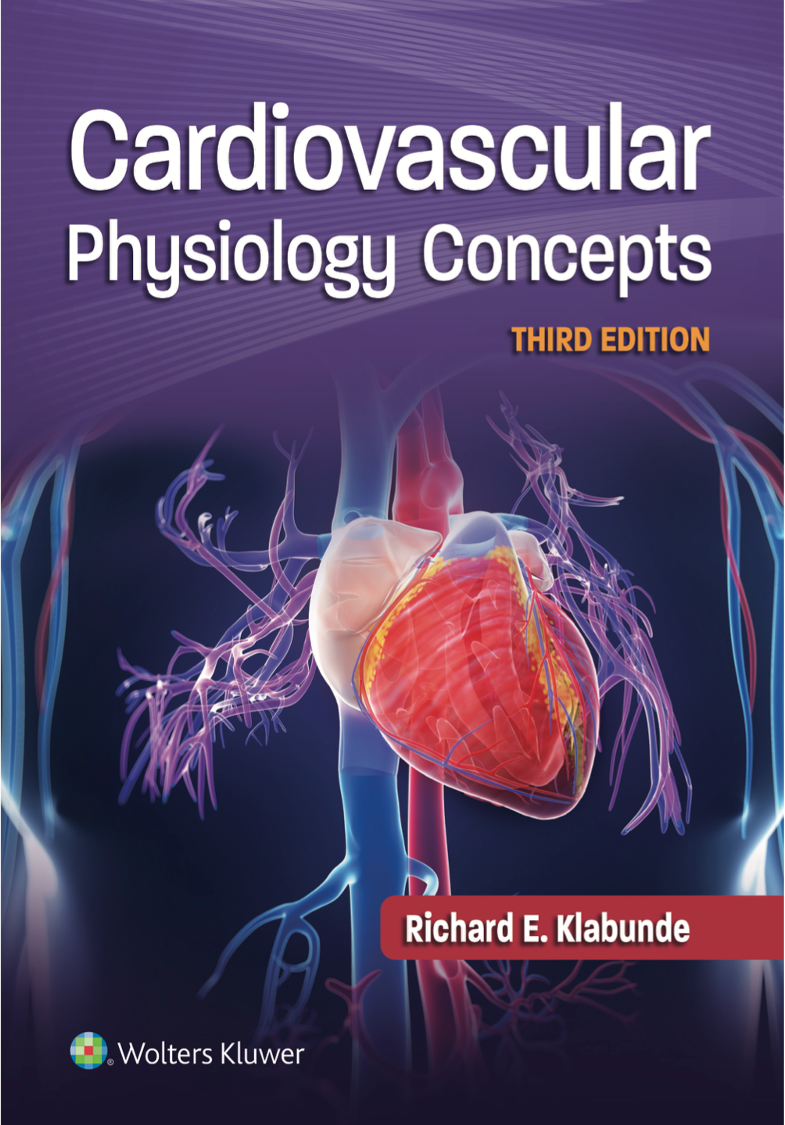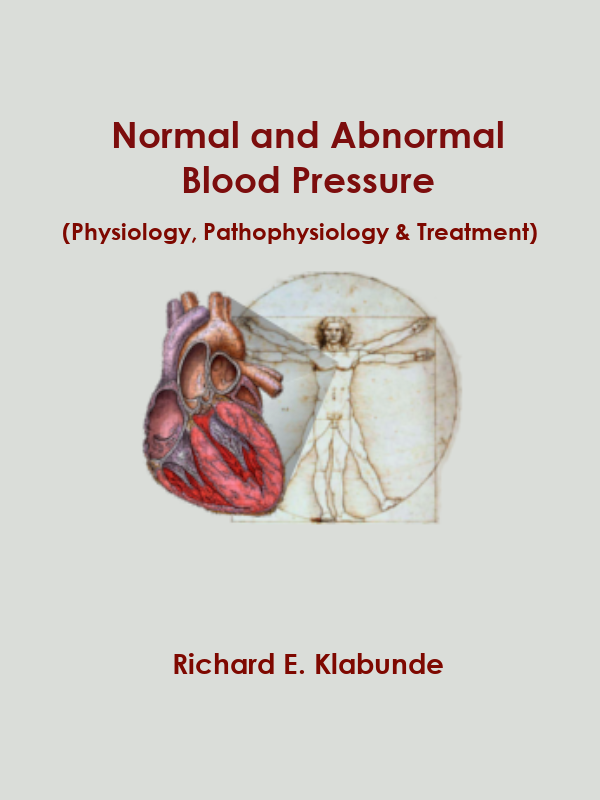The Pharmacologic Treatment of Heart Failure cont.
- Page 1: Causes of Heart Failure
- Page 2: Pathophysiology of Heart Failure
- Page 3: Rationale for Drug Therapy
- THIS PAGE: Classes of Drugs Used to Treat Heart Failure
Classes of Drugs Used to Treat Heart Failure
Because heart failure is a complex condition that affects other systems of the body, multiple drugs are often administered. Treatment may include diuretic drugs to reduce blood volume and venous pressures, vasodilator drugs to reduce arterial afterload and venous pressures, and drugs that stimulate or inhibit cardiac function. Ancillary drugs may also be given to suppress arrhythmias, inhibit clotting mechanisms, or alter glucose handling. Classes that improve cardiac and systemic vascular function are given below. Clicking on the drug class will link you to the page describing the pharmacology of that drug class.
- Diuretics
- thiazide diuretics
- loop diuretics
- aldosterone antagonists - Vasodilators (dilate arteries and veins)
- angiotensin converting enzyme (ACE) inhibitors
- angiotensin receptor blockers (ARBs)
- direct acting arterial dilators
- nitrodilators
- neprilysin inhibitors
- phosphodiesterase inhibitors - Cardiostimulatory or inotropic drugs (stimulate contractility)
- digitalis
- beta-agonists (sympathomimetic drugs)
- phosphodiesterase inhibitors - Cardioinhibitory
- beta-blockers
- funny current blocker
- calcium-channel blockers (for diastolic dysfunction)
Besides the above drug classes, recent clinical trials support the use of a sodium-glucose co-transporter 2 inhibitors (SGLT2I) such as empagliflozin. Although this drug class is used in the treatment of diabetes, it has also been found to improve outcomes in HFpEF patients (both diabetic and non-diabetic), and in patients with mildly reduced ejection fractions (HFmrEF; 41-49%). Besides lowering plasma glucose, SGLT2I drugs act on the kidneys to promote natriuresis and diuresis, both of which are beneficial in heart failure. Arterial stiffness is reduced, and diastolic function is improved.
Revised 11/30/2023

 Cardiovascular Physiology Concepts, 3rd edition textbook, Published by Wolters Kluwer (2021)
Cardiovascular Physiology Concepts, 3rd edition textbook, Published by Wolters Kluwer (2021) Normal and Abnormal Blood Pressure, published by Richard E. Klabunde (2013)
Normal and Abnormal Blood Pressure, published by Richard E. Klabunde (2013)